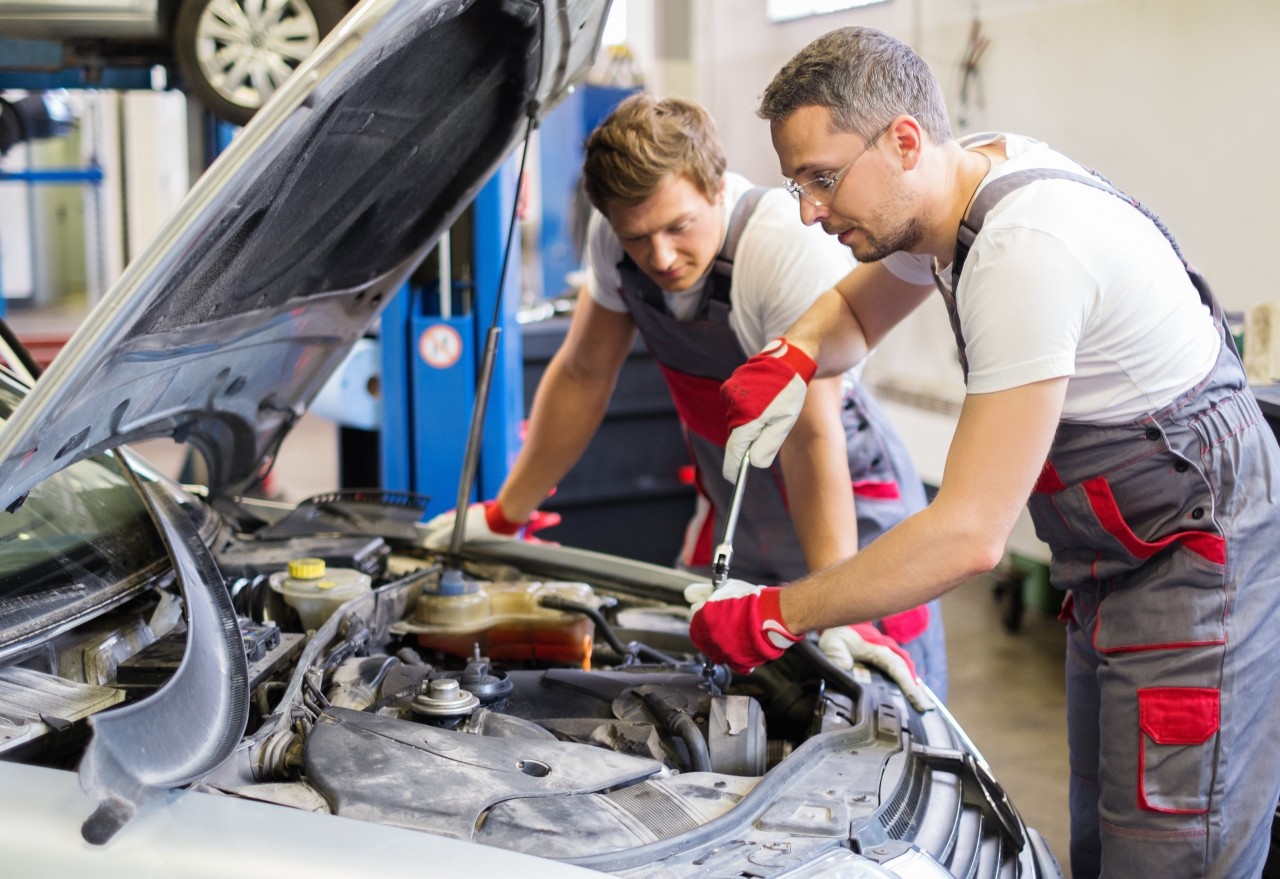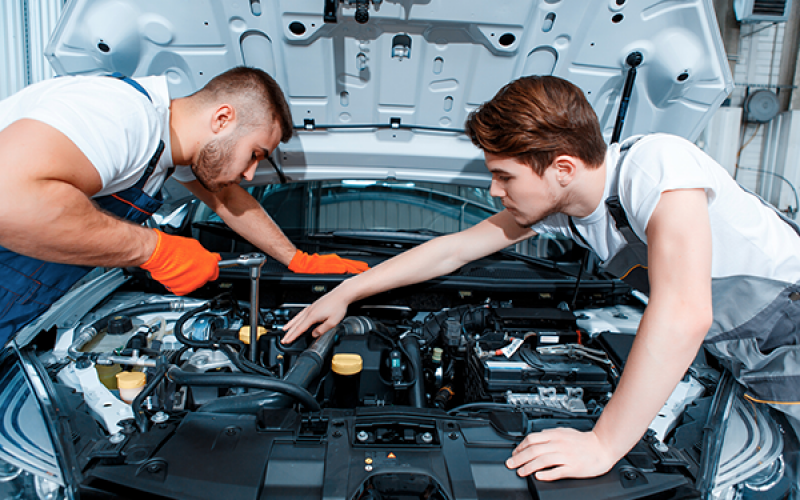Featured
Brakes are arguably the most crucial safety and security attribute of any automobile. Without trustworthy brakes, even the most powerful auto can come to be a threat on the roadway.
- The Importance of Normal Brake Inspections. Brakes undertake constant wear and tear with every use, whether you're driving at high rates on the highway or cruising via city streets. Gradually, brake pads, rotors, and other parts use down, which can impact braking performance. Without normal inspections, you may not observe the steady decline in performance until it's too late.
Routine brake assessments allow you to capture problems early, ensuring that your brakes remain responsive, trustworthy, and secure. Timely examinations can also conserve you money by resolving minor problems before they end up being costly fixings.
- Usual Signs That Your Brakes Required Attention. While routine brake evaluations are necessary, there are some indication you can watch out for to know when it's time to arrange a check-up:
Squealing or Grinding Seems: High-pitched squeaks or grinding noises when using the brakes are commonly signs that your brake pads are worn and require substitute. Resonance or Pulsation: If you feel vibrations in the steering wheel or the brake pedal, it can show deformed blades, which might need resurfacing or changing. Soft or Mushy Brake Pedal: If the brake pedal really feels abnormally soft or mushy, there might be air in the brake lines or a trouble with the master cylinder. Pulling away: If your auto pulls away while stopping, this might be brought on by unequal brake pad wear or an issue with the brake liquid. Boosted Stopping Range: If it takes longer to stop than typical, it might show that the brake pads are worn, the liquid is reduced, or the blades are harmed. If you discover any one of these signs, it's ideal to have your brakes evaluated immediately.

- Secret Elements Checked Throughout Brake Inspections. During a brake assessment, a professional will inspect a number of important components of the braking system to make certain everything is working effectively. Below are the crucial parts included:
Brake Pads: One of the most common reason for poor braking efficiency is worn-out brake pads. Checking the thickness of the pads is a concern throughout every evaluation. Brake Rotors: Rotors need to be smooth and cost-free of grooves or fractures. Any substantial damage to the rotors might bring about endangered braking performance and uneven pad wear. Brake Liquid: Low or contaminated brake fluid can impair stopping performance. The technician will check the fluid levels and quality and replace it if necessary. Brake Lines and Pipes: Brake lines must be free of leaks or splits. Any damages to the lines can lead to loss of brake fluid, causing brake failing. Brake Calipers: The calipers use pressure to the brake pads. They should be examined for indicators of wear or leakages to guarantee they are operating properly. Routinely inspecting these elements assists keep your brake system in peak condition, enabling you to quit your vehicle safely and efficiently.
- How Often Should You Have Your Brakes Checked? The basic suggestion is to have your brakes examined a minimum of as soon as a year or every 12,000 miles, depending upon your driving habits. Specific driving conditions might need even more constant examinations:
Heavy Traffic: If you frequently drive in stop-and-go website traffic, your brake pads will certainly wear down much faster. Hill Driving: Driving on steep roads calls for more regular braking, which can trigger your brakes to put on much more swiftly. Towing or Hauling Heavy Loads: If you regularly bring heavy loads, your brakes will experience a lot more stress and anxiety and need even more frequent inspections. If you notice any of the warning indications discussed earlier, do not wait for the following scheduled assessment-- have your brakes inspected right away.
- The Repercussions of Ignoring Brake Inspections. Ignoring routine brake assessments can lead to serious consequences. A stopping working brake system can result in decreased quiting power, which enhances your danger of mishaps.
In the worst instance, driving with damaged brakes can cause finish brake failure, placing you and various other vehicle drivers at risk. Regular brake inspections are a little financial investment that can save your life and protect against costly repair services.
- Verdict: Remain Safe with Regimen Brake Inspections. Brakes are not something you desire to take chances with. A trustworthy braking system is vital for risk-free driving, and routine brake inspections are a simple way to make sure that your automobile quits when you require it most. By remaining on top of brake maintenance, seeing for warning indications, and having your brakes checked at the advised intervals, you'll shield both your lorry and your security.
Don't wait till your brakes start to fall short-- timetable routine brake inspections and maintain your lorry in optimal problem for many years to come.
Latest Posts
Check Out Outstanding Vehicle Maintenance Care from Montclare Auto Repair – Drive with Confidence
Check Out Montclare Auto Repair’s Most Popular Services and Why Drivers Rely On Them
Find Brake Repair & More: Complete Repair Options from Montclare Auto Repair
More
Latest Posts
Check Out Outstanding Vehicle Maintenance Care from Montclare Auto Repair – Drive with Confidence
Check Out Montclare Auto Repair’s Most Popular Services and Why Drivers Rely On Them
Find Brake Repair & More: Complete Repair Options from Montclare Auto Repair
